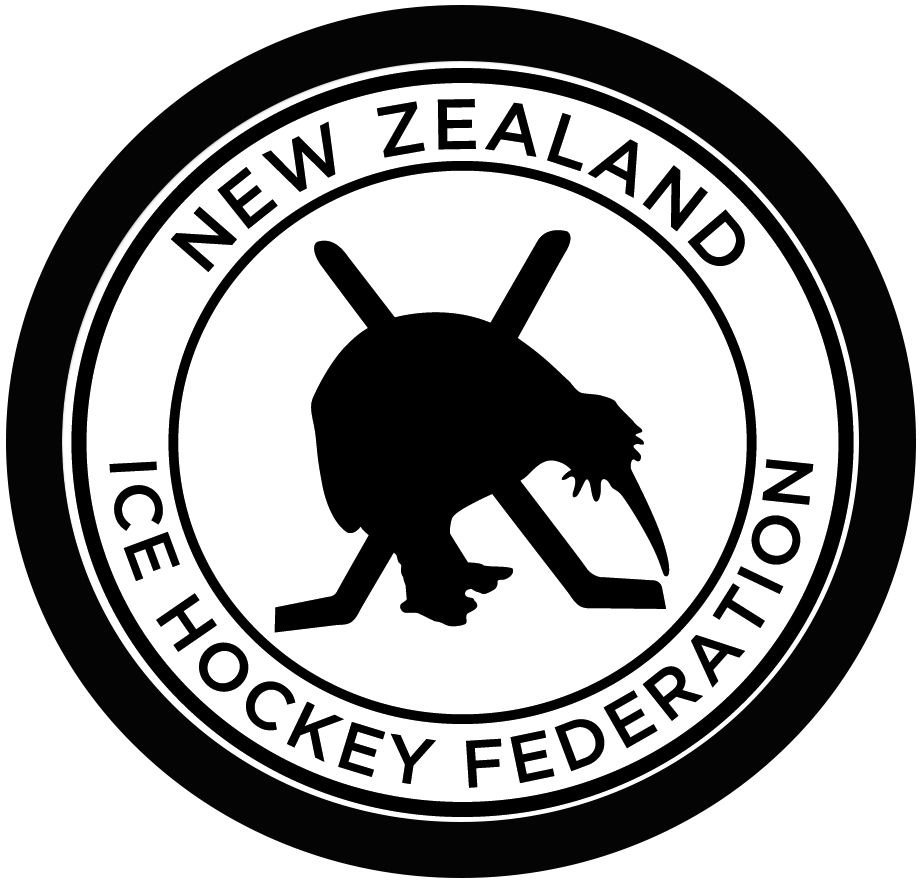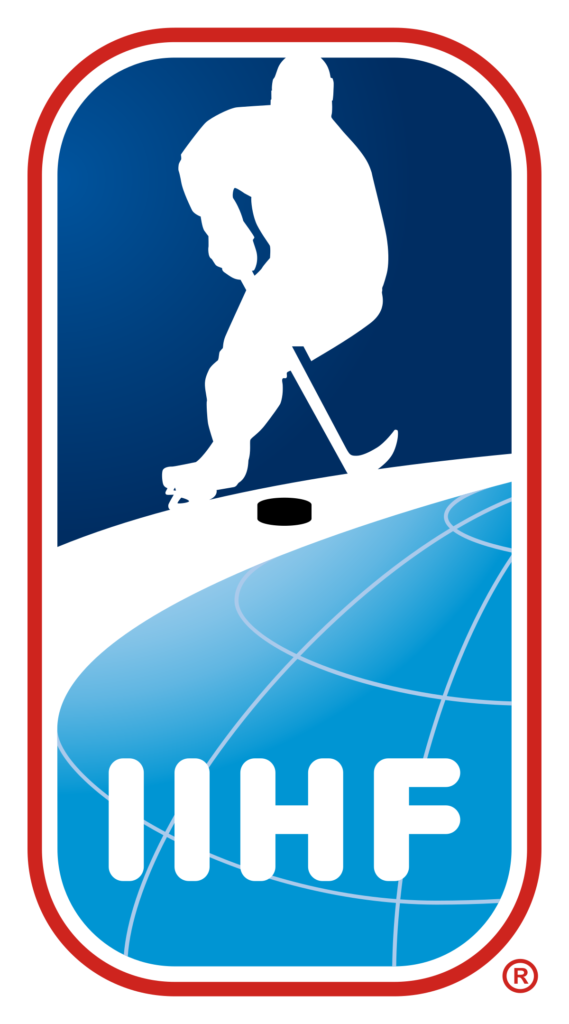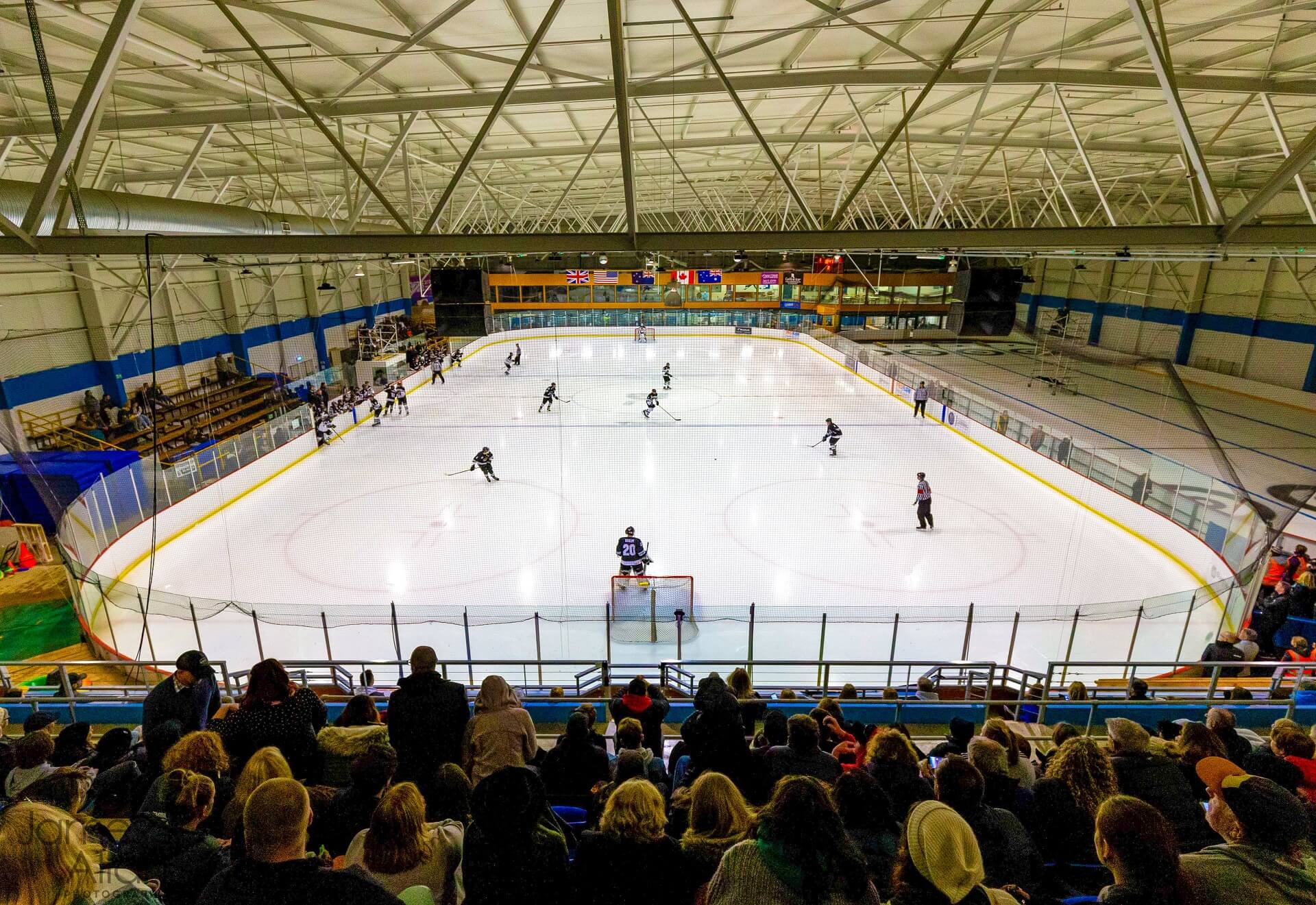We all anticipate that the current COVID Omicron variant outbreak is going to have a big impact on our lives in the next few months. We sincerely hope that all in our community can remain healthy and safe – and playing ice hockey where possible and safe.
The Omicron outbreak is different to past COVID variants, and will have a big impact on our sport and our lives in the next few months. Given how infectious this variant is, the Government expects case numbers to climb significantly in the next 4 – 6 weeks. If one catches COVID, there will be worries about health, but also a required period of self-isolation (currently 14 days). If you are deemed to be a close contact of a COVID case, then you will also be required to self-isolate and get regular testing (currently 10 days).
It is absolutely crucial that we all strictly observe mitigation measures, for the sake of ourselves, our teammates, and our whanau. We don’t want any ice hockey training or game to be a source of COVID spread.
The NZIHF adheres to Sport New Zealand and the Ministry of Health guidance regarding the COVID Pandemic. More specific information regarding this guidance, and the COVID Response Framework (the “traffic light” system) can be found at:
- Play, Active Recreation and Sport in the Red Setting – https://sportnz.org.nz/media/4815/play-active-recreation-and-sport-at-red-full-guidance-28-01.pdf
- COVID-19 Community Response Framework – https://www.health.govt.nz/our-work/diseases-and-conditions/covid-19-novel-coronavirus/covid-19-response-planning/covid-19-community-response-framework
Below is a brief summary of relevant information regarding participation in ice hockey during from Sport New Zealand and the Ministry of Health. We recognise the great effort our rink facilities, ice hockey associations and leagues have made to provide a sound Health & Safety framework during these difficult times.
For ice hockey to be played Traffic Light Red , there are key areas to address:
- Maximum size of groups present in an indoor facility is 100 people
- Vaccine passports checked on entry to facility
- Wear a mask
- Contract Tracing
- Stay Home if you are unwell
- Cleaning and hygiene
1) Maximum size of groups indoors is 100 people as a single group (if vaccine passports are checked):
This will have an impact on usual practice within rinks. This cap includes spectators, but not officials and staff. This is based on the fact that those inside the rink de facto share the same space while in the facility. There is no requirement for safe distancing when in the rink facility. Please refer to the Sport New Zealand link above for more specifics
2. Use of Vaccine Passports:
Vaccination is the best protection against the spread of COVID 19, and against hospitalisation and death from COVID 19. You are protecting yourselves, your whanau, and your community. While not being vaccinated is a choice, there is no capacity to run ice hockey trainings and games without requiring a vaccine passport to enter the rink facilities. Rink facilities will have their own Health & Safety requirements, and SNZ guidelines state that a maximum of 25 people can meet to play indoor sport if vaccine passports are not checked. This low number, the need to abide by rink facility Health & Safety policy, and the need to minimise the risk of transmission of COVID 19 during trainings/games make this requirement essential. Regional facilities, associations, and leagues should develop their own process to ensure this is done.
3) Wear a mask:
Mask use is mandatory when in the rink facility. Masks can be removed when on the ice, but should be worn again when in the changing room afterwards. Bandanas, scarves, and extensions of clothing are not sufficient to meet this requirement. Standard medical masks offer more protection than cloth masks.
4) Contact Tracing and Mandatory Record Keeping:
The New Zealand COVID Tracer App should be used wherever possible. If this cannot be done, then a privacy-safe sign-in log should be kept, complying with cleaning and hygiene guidance from the Ministry of Health.
5) Stay home if you are unwell:
Get tested for COVID 19 – don’t put others at risk.
6) Cleaning and hygiene:
- Wash and dry your hands – entering facility, and after playing
- Cough or sneeze into your elbow. If you are unwell, you should be at home
- Minimise sharing of equipment
- Each player uses only their own water bottle, no sharing
- Common sense behaviours – gloved fist-bumps after a game etc.
- Regular cleaning of facilities in accordance with Ministry of Health guidelines
We recognise that how we keep ourselves and others safe will change as the Omicron outbreak grows. As with previous stages of this Pandemic, most of the hard work to keep everyone safe is done locally, by volunteers, rink staff, and officials. It may be that we all decide to take a few weeks off during the worst of the Omicron outbreak. Maybe we’ll be able to keep playing – it’s hard to see from here. Either way, we will get through this together. We will keep you posted if there are further specifics around ice hockey play you need to know.
Please talk to your local NZIHF Management Committee Representative to see how the NZIHF can help, if you require any further assistance.








